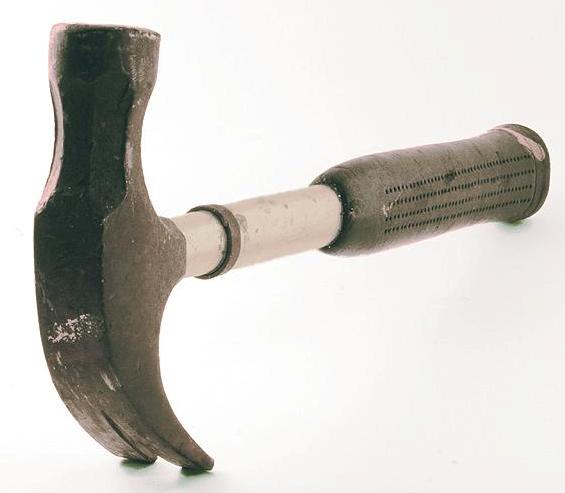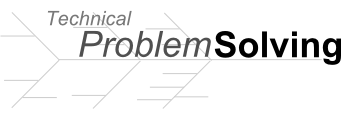We engage in three basic types of activities:
Creation of new ideas,
consumption of existing ideas, and
communication, either of existing ideas or our own new ideas. Each of these has importance and there must be a balance among the three.
I've posted about
Isolation and Creativity before and there's a new book (and free e-book) about the need to
focus in order to be productive. I've not worked my way through it (lack of focus I suppose) but it looks like the author will present various tools and techniques for eliminating distractions and the Data Smog that assaults us all the time.
I've also posted about consumption (or learning). One should spend time being exposed to new ideas, getting inspiration from others. Consumption shouldn't just be of the things we like or that agree with our mind-set but should expand our ideas. Not that we blindly accept everything that comes our way, but that we are able to see things from another perspective. Nothing is more dangerous than someone who is certain they are correct. Doesn't matter where. As Nassim Taleb points out in the
Black Swan, Experts are people who don't know what they don't know.
And finally communication. Check the tag cloud for posts about that topic.
There must be a balance of all three. We will be strong in one of these areas. You must cultivate your skills in the other areas. While being able to switch from one to another is important, don't get into the situation which the author of Focus describes where you flutter from one to another so quickly that you cannot build up any momentum.
These three areas are a stool that your problem solving skills sit upon. Make sure each leg is strong and capable of supporting the weight of the problems you must address.




